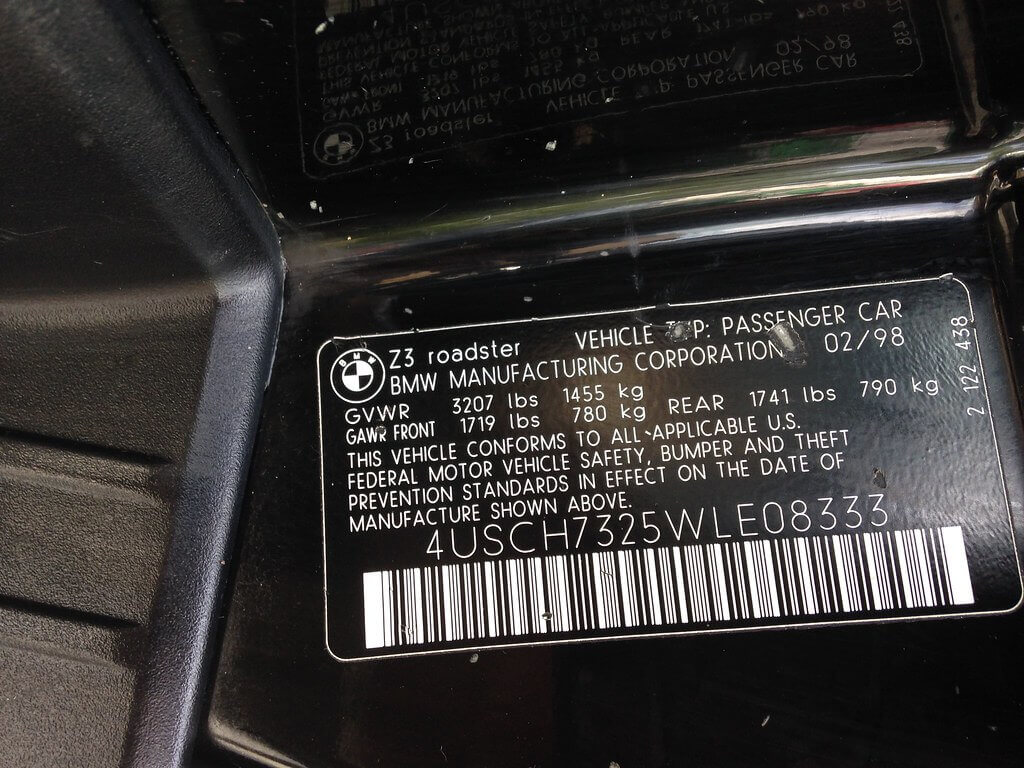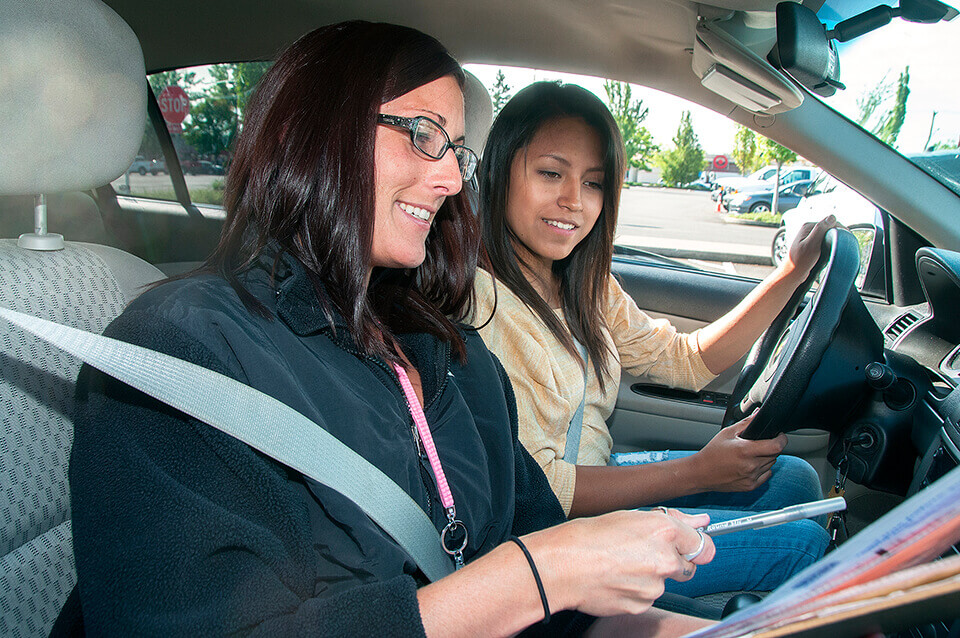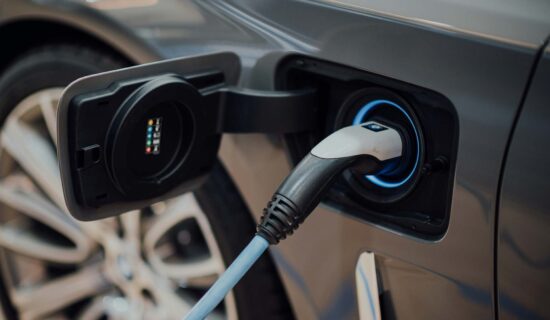How to Register Your Car in a New State: The Rules
First things first: you need to acquire an insurance policy or basic liability coverage before registering your car in any US state except New Hampshire. Each one has different rules regarding the timeframe for getting all the paperwork in order. No matter if you are shipping the vehicle to Glendale, or Brooklyn, make sure you follow all the rules. Contact the Department of Motor Vehicles – DMV in your future place and get all the information about the exact procedure and the deadline for the registration. Have in mind that the DMV has different names in certain states like the Bureau of Motor Vehicles, Division of Vehicles, Registry of Motor Vehicles, and so on.
You’ll usually have thirty days after you relocate to register your vehicle, and most states ask for a fresh driver’s license. With all that being said, we can start explaining the procedure in more detail.










